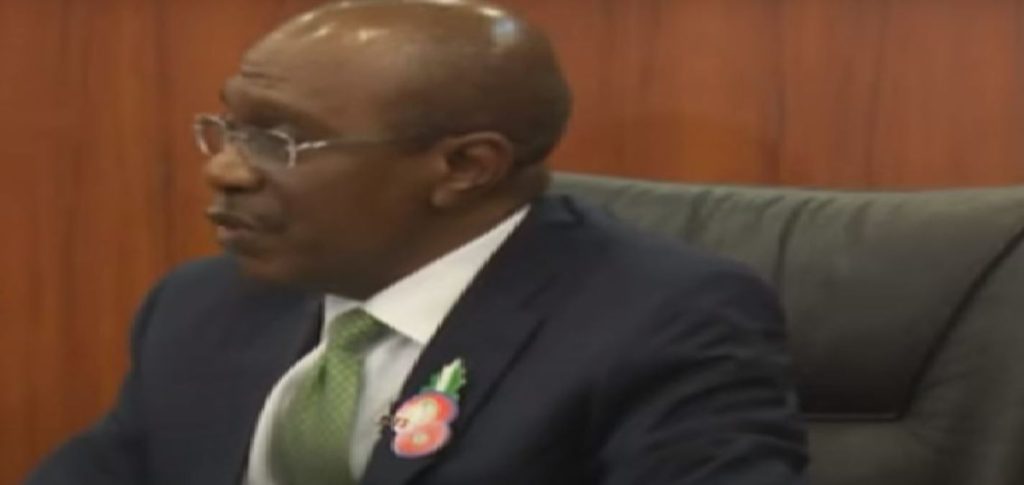The Central Bank of Nigeria, CBN is in the process of shutting down Open Market Operations, OMO sales – a mean of expeditious profit for many foreign investors – to non-residents.
According to Bloomberg, offerings to non-residents of so-called Open Market Operations bills are to be phased out “once current obligations have been redeemed”.
This is coming from Hassan Mahmud, CBN director of monetary policy, in an interview during an online conference on Tuesday in Abuja.
The introduction of the OMO in 2015 was to improve the naira following an oil price breakdown and to regulate excess liquidity in the banking system.
- CBN Rules On QR Code Payments And Services In Nigeria
- CBN N250bn Stimulus Package For Gas Investments – Who Can Get It?
Having let in foreign investors at the time, OMO sales consequently breached the gaps for the naira. By the end of 2020, the market was worth $40 billion (data from Cairo-based investment bank EFG Hermes).
However, one-third of the worth of the OMO market are instruments to foreigners.
In October 2019, the CBN isolated OMO sales from non-banking and restricted sales to banks and offshore investors firms to ward off foreign portfolio movements.
The market was interrupted for a short time after the restrictions and non-banking financial institutions shifted focus to treasury bills and other investment options.
This consequently caused a collapse in yields on treasury bills.
The reason the CBN will cancel OMO in Nigeria for Non-resident
Debt is piling up and this is presenting itself as a sustainability burden as foreigners took advantage of low-interest rate “carry trade” offerings.
Foreign investors borrow at low interest-rate and get up to 30% returns in dollar terms.
- ATM fingerprint biometrics cash withdrawal now available in Nigeria
- FGN March 2021 Savings Bond is up for subscriptions – DMO
“Repatriation of returns by offshore OMO holders is also putting pressure on the foreign exchange market”, Mahmud said.
Despite having settled more than $2 billion of OMOs to foreign investors, the central bank still has a pile to settle according to Mahmud.
“The cost of liquidity management is getting too high and issuance of OMO bills should be a transaction between the central bank and commercial lenders”, Mahmud said.
“It’s not supposed to be for the public, but along the line, the transition broke and investors who were non-domestic were investing in OMO,” he said.
